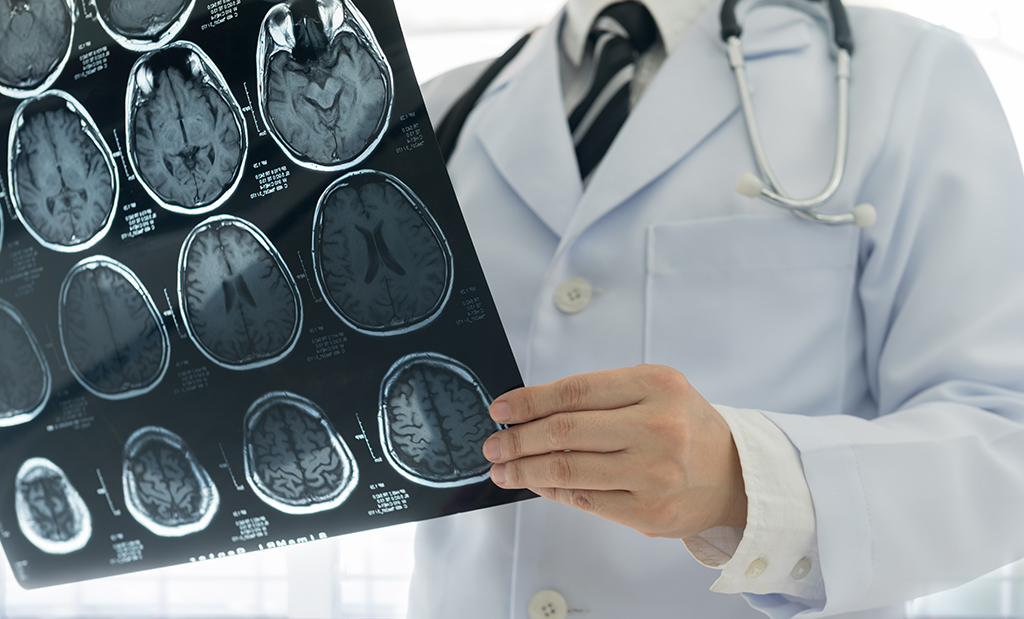Did you know that traumatic brain injury (TBI) can cause epilepsy? Learn how to protect your brain.
A traumatic brain injury (TBI) can happen to anyone, especially young children and older adults. TBIs can range from mild (such as concussions) to severe, life-threatening injuries. They can cause changes in:
- Thinking and memory;
- Sensations and balance;
- Language, such as talking and understanding; and
- Emotions, such as depression, anxiety, or aggression.1
TBIs can also cause epilepsy
Epilepsy is a broad term used for a brain disorder that causes repeated seizures. There are many types of epilepsy and there are also many different kinds of seizures. TBIs can cause a seizure right after the injury happens or even months or years later. Researchers agree that the more severe the TBI, the greater the chance the person may develop epilepsy.2 Age and other medical conditions are also factors in whether or not a person may develop epilepsy after a TBI.
The terms post-traumatic epilepsy (PTE) and post-traumatic seizures (PTS) are both used to describe seizures that happen because of a TBI.3 In 2014, there were over 280,000 hospitalizations for TBI in the US.4 A CDC-funded study found that among people aged 15 years and older hospitalized for TBI, about 1 out of 10 developed epilepsy in the following 3 years.2
Everyone should:

Always wear a helmet when riding a bike to prevent head injuries!
- Learn the signs and symptoms of TBI and when to seek medical care.
- Take the CDC’s HEADS UP training to learn how to recognize, respond to, and minimize the risk of concussion or TBI if you’re a parent, coach, child care provider, or school professional.
If you or someone you care for has a head injury, here’s what you need to know:

If you or someone you care for has had a head injury, talk to a doctor about the risk of seizures and epilepsy.
- Seek medical attention and share information about TBI signs and symptoms.
- Talk to the doctor about the risk for having seizures or developing epilepsy after a TBI.
- Learn to recognize the signs of a seizure. Sometimes it can be hard to tell. Some seizures cause a person to fall, cry out, shake or jerk, and become unaware of what’s going on around them. Other seizures can make a person appear confused, make it hard for them to answer questions, twitch, or cause the person to feel like they taste, see, or smell something unusual.
- Learn first aid so you are prepared if someone has a seizure.
To prevent TBIs that may cause epilepsy, protect your brain from injury. For example:
- Use seat belts and properly installed car safety seats every time you drive or ride in a motor vehicle.
- Never drive while under the influence of alcohol or drugs.
- Wear a helmet when playing certain sports and riding bikes, horses, motorcycles, or all-terrain vehicles.
- Prevent falls, especially in older adults and young children.
- Centers for Disease Control and Prevention. Signs and Symptoms, Concussion and TBI website. Accessed May 14, 2019. html.
- Ferguson PL, Smith GM, Wannamaker BB, Thurman DJ, Pickelsimer EE, and Selassie AW. A population-based study of risk of epilepsy after hospitalization for traumatic brain injury. Epilepsia. 2010;51:891–898. DOI: 10.1111/j.1528-1167.2009.02384.x. htmlexternal icon.
- Frey LC. Epidemiology of posttraumatic epilepsy: a critical review. Epilepsia. 2003;44:11–17. DOI:10.1046/j.1528-1157.44.s10.4.x. htmlexternal icon.
- Centers for Disease Control and Prevention. Surveillance report of traumatic brain injury-related emergency department visits, hospitalizations, and deaths—United States, 2014. https://www.cdc.gov/traumaticbraininjury/pdf/TBI-Surveillance-Report-FINAL_508.pdfpdf icon. Published 2019. Accessed May 24, 2019.


